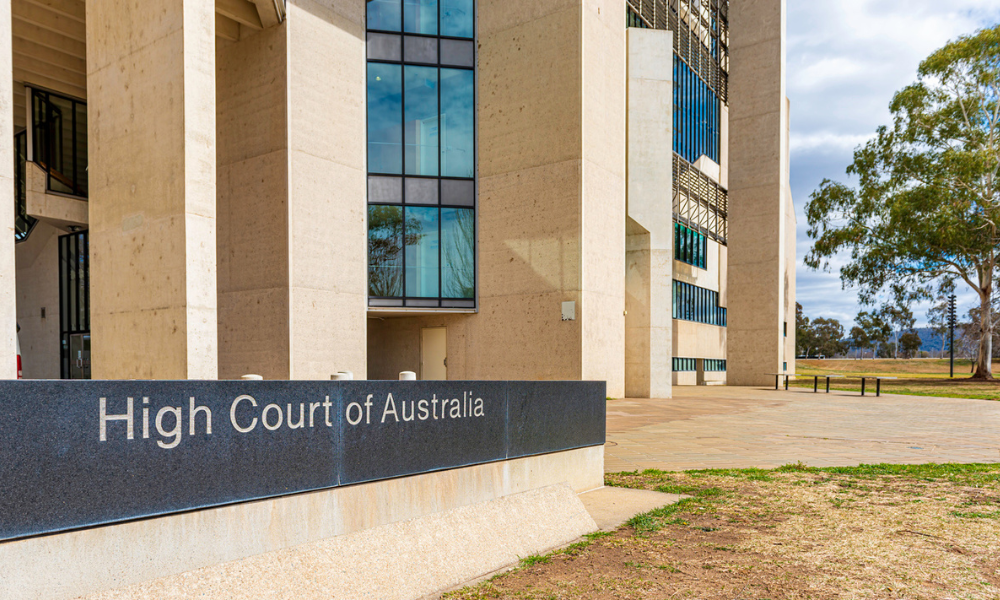The conscience of in-house lawyers is examined by an extensive study

Almost half of in-house counsel are asked to advise on ethically problematic organisational actions, a recently released study into the conscience of in-house lawyers revealed.
The study, released by LOD: Lawyers On Demand, found that 45% of in-house lawyers have been asked, with varying regularity, to advise on matters where the ethicality of a proposed action by an organisation is debatable.
The study also found that 39% of in-house counsel have been asked, with varying regularity, to advise on matters where the proposed action is legally suspect. It also showed that 32% of in-house counsel have been asked to advise on matters that make them ethically uncomfortable. Among those surveyed, 26% said they agree that there are tensions between the way they and their organisations respect obligations to uphold the rule of law.
The study, titled “Which way is the wind blowing? Recalibrating the moral compass of in-house legal practice”, is the result of five years of work from Steven Vaughan, professor of law and professional ethics at University College London, and Richard Moorhead, professor of law and head of Exeter Law School. The professors surveyed 400 in-house lawyers and conducted 67 in-depth interviews to delve deeper into the moral compass of lawyers in corporate teams.
Vaughan and Moorhead write that about a fifth of lawyers in England and Wales, as well as in Australia, are in-house lawyers. They also said that in-house counsel are increasingly well-paid and influential in business decisions.
In-house teams, which in the past have been found to be increasingly “squeezed” by opposing forces in the business environment, are being shunned because of perceptions they hinder business decisions, the study found. It said that 80% of in-house lawyers agree that their teams have been criticised for inhibiting or slowing commercial decisions. Just more than half also said that consequently, colleagues are sometimes reluctant to raise issues.
“In today’s crowded, hyper-connected and ever more transparent world, ethical behaviour is key to building trust. And trust is our most valuable currency,” said Paul Cowling, LOD Australia managing director.










